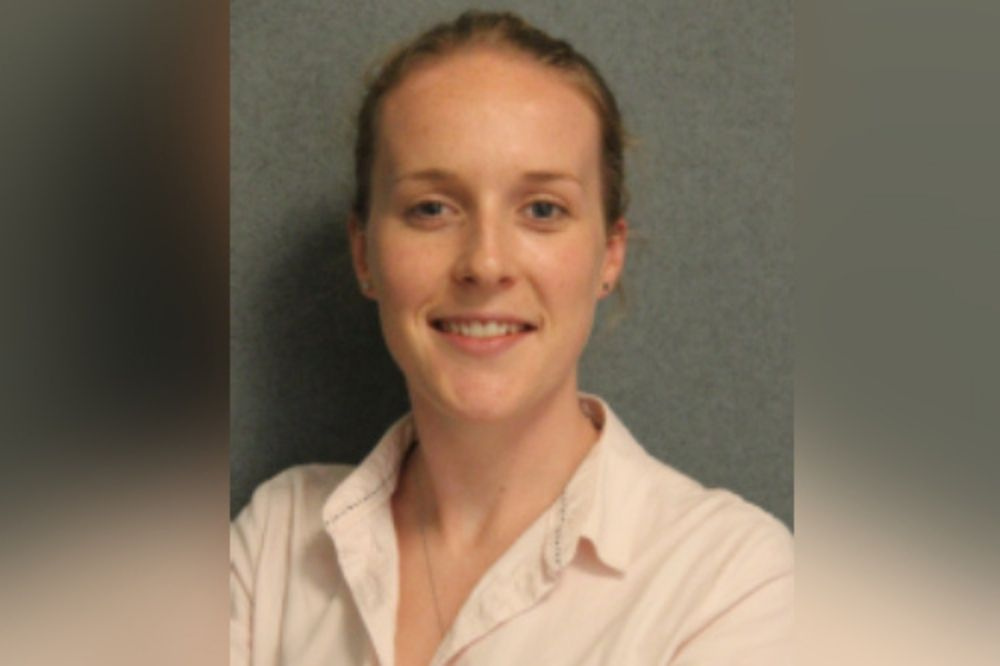Scale vs. expertise: What matters more to brokers?

The theme I want to cover in this editorial is brokerage mergers and acquisitions (M&A) and how widespread consolidation is changing the insurance distribution marketplace. One broker I spoke to at a recent conference said they’d received three offers in the first day of the convention to sell their independent brokerage to larger regional or national brokerage entities.
I expect those propositions were three of maybe hundreds of deals that were laid on the table during that conference. This is not a new theme; it perhaps just felt more intense because the conferences were all in-person and dealmakers could look each other in the eye and get a real feel for the proposals.
In recent years, there’s been record M&A in the brokerage sector. After a minor slump at the start of the pandemic, deal activity among distributors – including retail brokers, wholesale brokers, managing general agents (MGAs) and reinsurance brokers – picked up dramatically from June 2020 onwards, and since then, the market hasn’t missed a beat. This activity has been driven, in particular, by private equity (PE) buyers.
But what if brokers don’t want to sell? Is there room for high-quality, independent insurance brokers in a market dominated by distribution giants, with deep PE-backed pockets? My answer to that is ‘Yes’. I believe high-quality, independent brokerages will always be relevant, but they’re not always going to have an easy ride. Here’s why:
Scale, which is most easily achieved through M&A, opens doors that smaller independent brokers don’t have access to. Large regional and national brokers typically have relationships with all of the biggest insurers; they have access to technology, research, and development; and they can invest in talent attraction, retention, and development.
Small brokerage owners – even those who have been steadfast in their independence – are feeling the need for scale. They’re running their businesses from the front lines (often wearing many hats), they’re trying to drive EBITDA (earnings before interest, taxes, depreciation, and amortization), and they’re constantly weighing up the need for investment in technology and innovation with the cost of staffing, and higher general business costs due to inflation. It is a true juggling act.
Scale is obviously important, but so is expertise, passion, and tenure. Many smaller independent brokerages have a certain je ne sais quoi about them. There’s something special about a brokerage that has serviced the same community for 50-years. They’re at one with the people and the businesses they serve – and as such, I believe they can provide the most tailored and bespoke insurance solutions for their clients. It is in their best interests to keep their local communities as resilient as possible.
It all comes down to whether insurance providers are willing to maintain their relationships with small, local brokerages – acknowledging that they know their communities better than anyone – or whether insurers are also chasing economies of scale. After all, it is significantly more efficient for insurers to trade with fewer partners, but that doesn’t necessarily mean they’ll get the best results from those partners.
This is an interesting and ever-changing space. There’s lots of consolidation, lots of innovation, and lots of competing priorities. I believe the broker channel will continue to evolve. At the moment, there’s room for everyone, but the need for scale is becoming top of mind for independent brokerage owners and could therefore lead to even more M&A activity in the coming years.





